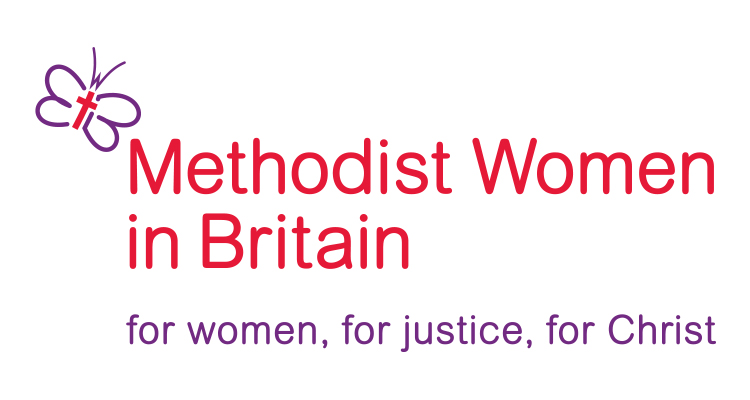31 March
Mark 10:46-52
Blind Bartimaeus Receives His Sight
REFLECTION
Jesus often used the phrase “For those who have eyes to see.” Of course he’s talking about the inner eye, wisdom. Here was a man who could not physically see but sees who Jesus really is. As a beggar, ignored by many and seen as sinful, (disability being seen as a result of some sin committed by the person or their parents) he would have heard all the gossip about Jesus and the many discussions. He made-up his own mind who Jesus really was. He didn’t see with his own eyes but his faith in God led him to recognise his Son. He shouted out his belief in Jesus’ lineage and messiahship. Others around, lacking the same faith, tried to shut him up. They were embarrassed by his continual shouting as it drew attention to them. They may have been frightened to be associated with Bartimaeus as it could bring them to the attention of the authorities calling into question their own loyalties. Jesus responds though and calls him to him. Rather than question him on why he called him Son of David he acknowledges Bartimaeus faith. He cuts straight to the point and asks him what he want him to do for him. Jesus makes no assumption that Bartimaeus wants his sight. He allows Bartimaeus to make his own request. As it happens Bartimaeus wanted his physical sight back and Jesus obliges. His faith had healed him.
Many assume that those with a disability want to be miraculously healed of their physical or mental disability. People speak for the disabled rather than ascertain their needs. Jesus models how we are to be with people with other abilities. Treating all with dignity and inclusion. I remember people speaking to my partner asking her what I wanted as I sat in my wheelchair. I felt like saying that my legs are the only things not working but I didn’t. it is not for the disabled to educate those who need educating. We need to make ourselves aware of the issues surrounding those from all the protected areas if we are to make our churches truly accessible to all. It isn’t sufficient to investigate how we order our churches only when we are presented with someone from these different areas. it is in anticipation of someone coming along for the first time and seeing they are included. People investigate the suitability of churches often before they come. You don’t want to turn up and have the embarrassment of feeling totally out of place. It is not only the buildings we need to adapt, but also our styles of worship and our attitudes.
QUESTIONS
- Do you recognise the true nature of who Jesus is?
- How have you observed people with other abilities being treated?
- How aware are you of the issues facing those with different abilities?
- Has you understanding changed over the years?
- If you attend a faith community, how does it welcome those of different abilities? How far does has it adapted the premises and worship to accommodate others?


